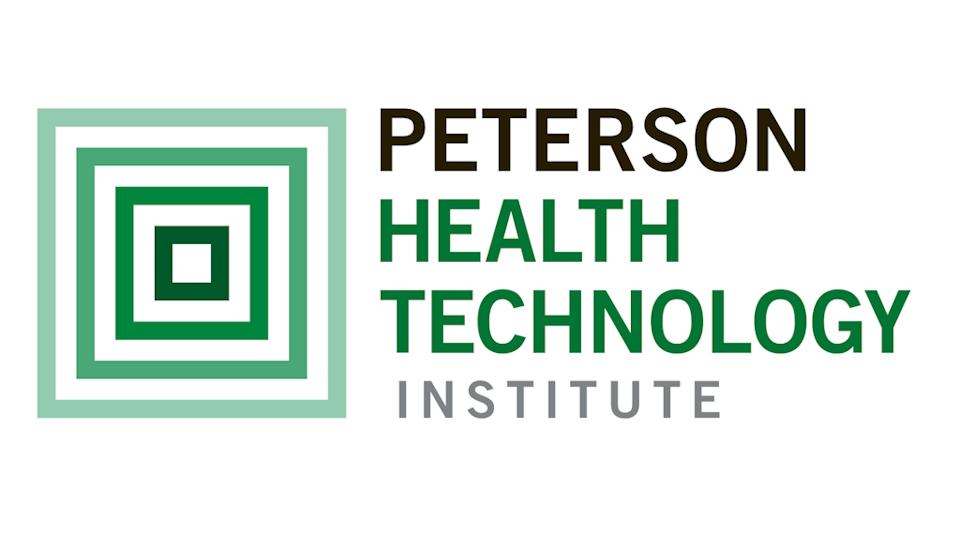PHTI to review digital hypertension, mental health tools

The Peterson Health Technology Institute (PHTI) has added hypertension and mental health to the list of digital health technologies (DHTs) that it will review for their clinical effectiveness and economic impact.
The health technology assessment (HTA) body was set up last year with a pledge to ‘cut the hype’ in digital health and to provide an independent view on DHTs for payers, providers, and patients, acknowledging that they have enormous potential to improve healthcare systems in the US, but also limited information on their benefits in real-world practice.
It is affiliated with the Institute for Clinical and Economic Review (ICER), which delivers cost-effectiveness assessments on prescription medicines sold in the US market.
80% of digital health products lack clinical evidence and many are not subject to FDA review, according to the PHTI, which maintains that its primary objective is to identify the most promising technologies and encourage their adoption in healthcare.
The decision to launch a review of DHTs aimed at people with hypertension and mental health has come because there are so many on the US market, according to Caroline Pearson, PHTI’s executive director.
“Payers, patients, and providers need access to transparent and independent evaluations to better understand which tools perform best to improve patient outcomes and affordability,” she said. Along with the clinical and economic appraisal, PHTI will also take a look at DHTs’ effects on health equity, user experience, and privacy and security.
The hypertension review will focus on technologies that promise to provide remote monitoring of blood pressure, encourage self-management through increased physical activity or strict medication adherence, and reduce clinic visits. PHTI notes that hypertension affects 120 million adults in the US and “hundreds of millions of dollars” have been invested in DHTs to improve management.
The mental health review, meanwhile, will concentrate on virtual care for depression and anxiety, which affect nearly 60 million US adults and has resulted in a nearly $12 billion market for video- and messaging-based support systems that provide talking therapy, medication management, coaching, and peer support. Among the claims made for the DHTs is that they can help reduce anxiety and depression, improve patient satisfaction, and lower spending.
This is the second review announced by PHTI, coming after the HTA launched an assessment of DHTs for diabetes and virtual musculoskeletal care last October. The results of that are due shortly, while the hypertension and depression/anxiety report should be available in the latter half of this year.













